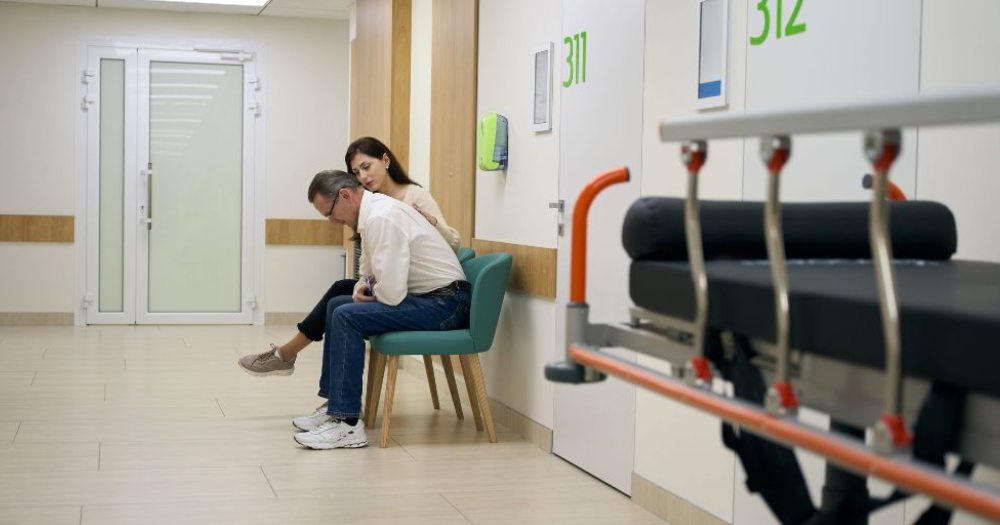Emergency hospital visits in Kent, UK drop by 69% thanks to innovative care trial

A quiet revolution is unfolding in Kent's healthcare system. A bold experiment has slashed emergency hospital visits by nearly 70%, proving that a clever mix of technology, teamwork, and human compassion can keep people healthier and happier at home. The initiative, led by the East Kent Health and Care Partnership (EKHCP), shows what's possible when health services stop reacting and start predicting.
As Dr. Sarah Phillips, Chief Medical Officer at Kent Community Health NHS Foundation Trust, put it: "Just 3% of east Kent residents accounted for nearly 12% of all A&E attendances and 18.5% of emergency admissions." That insight became the spark for something bigger — a digital lifeline for those most in need.
How does it work?
At the heart of the project is Graphnet Remote Monitoring, a simple yet powerful digital tool. Patients, especially those frail or living with chronic conditions like COPD, use an app to log daily readings — oxygen levels, blood pressure, heart rate, and how they're feeling.
That data doesn't just sit idle. It's instantly transmitted to a central digital hub, where it's analyzed in real time. If something looks off, the system triggers an alert to a clinician or the patient's GP.
- Routine monitoring happens quietly in the background.
- Clinicians step in only when something needs attention.
- Small health issues get caught before they spiral.
The result? Fewer frantic hospital trips and more people staying well at home. As one patient's husband said, "I think the service is brilliant... My wife has been in nursing for 45 years and if she thinks it is good, then it is!"
Why does it matter?
Because it works. The numbers speak volumes:
- 69% fewer emergency department visits
- 68.4% fewer walk-in centre trips
- 70% fewer hospital admissions
But beyond statistics lies a bigger story — patients reporting less anxiety, more confidence, and a sense that someone's got their back.
Dr. Phillips summed it up neatly: "This approach not only makes patients feel more in control of their wellbeing but also proactively keeps people out of hospital... allowing them to be cared for in the comfort of their own homes, where they recover faster."
In other words, the NHS isn't just healing — it's evolving.
The context
This trial isn't an isolated miracle. It's part of a wider shift across the NHS to use data-driven population health tools, such as the Combined Intelligence for Population Health Action (CIPHA) programme. CIPHA aggregates data from multiple sources, giving clinicians a panoramic view of health trends so they can intervene early instead of firefighting later.
The Kent experiment is proof that when data, digital tools, and human care converge, the results can be transformative. Hospitals breathe easier, GPs focus on the critical cases, and patients — once regulars at A&E — get to live fuller lives at home.
It's a glimpse of the NHS future: smarter, more connected, and built around the patient, not the panic.
💡Did you know?
You can take your DHArab experience to the next level with our Premium Membership.👉 Click here to learn more
🛠️Featured tool
 Easy-Peasy
Easy-Peasy
An all-in-one AI tool offering the ability to build no-code AI Bots, create articles & social media posts, convert text into natural speech in 40+ languages, create and edit images, generate videos, and more.
👉 Click here to learn more


